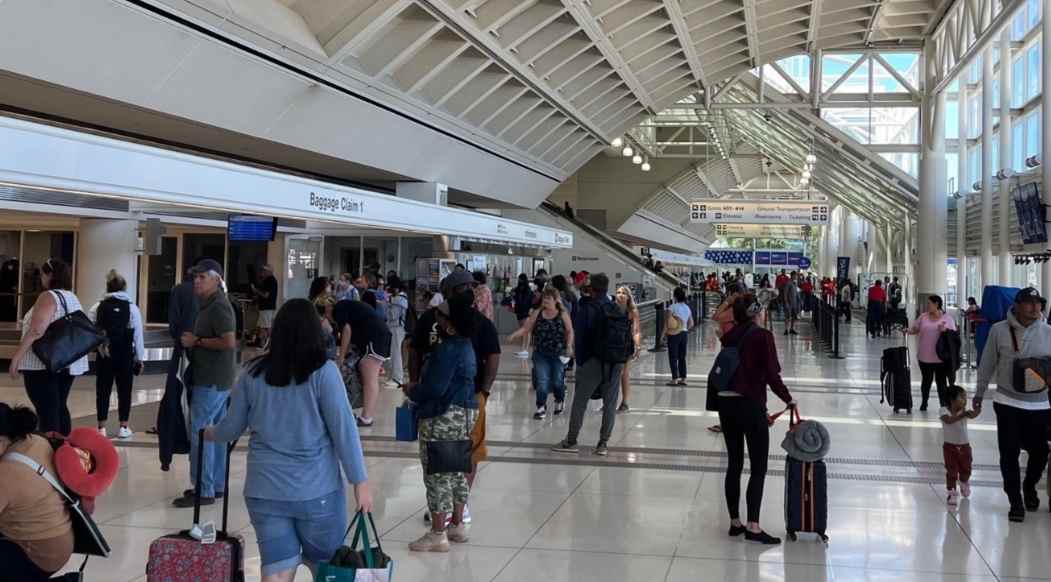The UK Civil Aviation Authority has set out its Provisional Decision on new price controls for NATS plc (En Route), a subsidiary of NATS Holdings (NERL)
As a part of the decision, NERL would be forecast to increase the average unit rate for its regulated activities over the period 2023 to 2027 inclusive compared with 2022 by approximately 26% from £42 to £53 in 2020 prices, or from £47 to £64 in nominal terms.
Despite these increases, NERL's charges are expected to stay below the average level experienced in the Reference Period 2 (RP2) price control period from 2015 to 2019, prior to the impact of the COVID-19 pandemic, and should remain broadly in line with NERL's European comparators.
The price controls also enable NERL to recover its costs from the pandemic period, consistent with the traffic risk sharing arrangements in NERL’s licence at the time.
The Decision also sets out arrangements for incentivising NERL’s performance regarding its quality of service like incentivising NERL to deliver environmental improvements, particularly around more efficient flight paths, and reductions in disruptive delays.
It is estimated the Provisional Decision would increase the average cost of UK en route air traffic services by around £0.43 on average, to around £2.08 per passenger per flight.
NERL is the provider of most air traffic control services in the UK, and is subject to economic regulation by the UK Civil Aviation Authority under the Transport Act 2000. The controls regulate the prices NERL can charge airlines for the services it provides in UK airspace.
“In setting out this Provisional Decision, we have carefully considered the need for NERL to deliver a resilient and high quality of service. Our price control provides for the resources and investment necessary to deliver this and to allow NERL to plan and modernise its services for the future,” commented Andrew Walker, chief economist, UK Civil Aviation Authority. “In addition, NERL will be allowed to recover the costs that it incurred during the pandemic, consistent with the regulatory arrangements in place at the time.”
“Overall, the price controls should ensure that NERL provides an efficient service and value for money. Implementing targets around performance, efficiency and environmental impact will also help deliver an improved airspace system that should benefit everyone,” Walker concluded.

